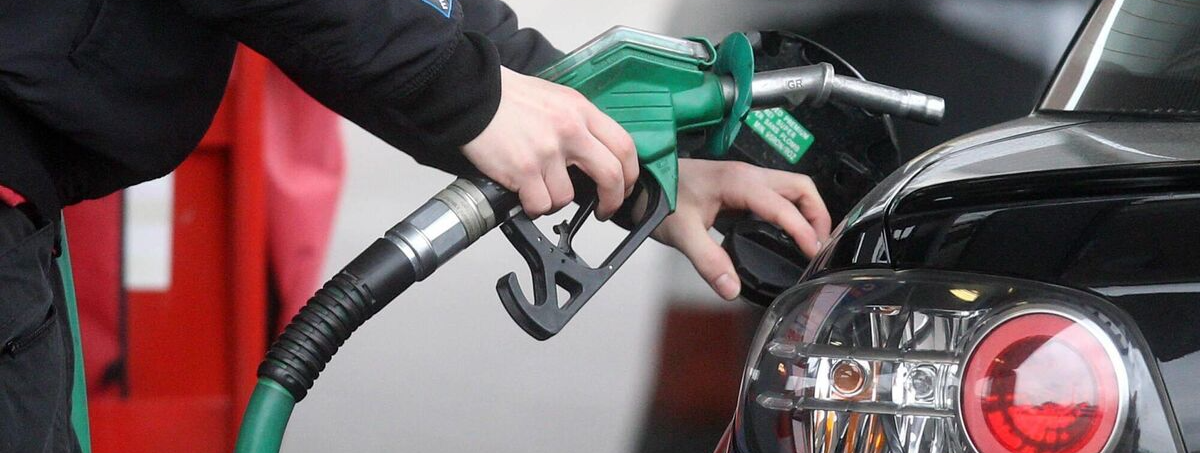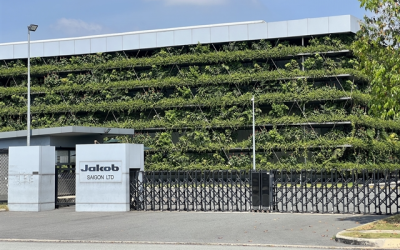 Industry News
Industry News
Environmental taxes hit record high as households bear the brunt
The Government collected €5.5bn in environmental taxes last year, an 11% jump and the highest level since the Central Statistics Office began tracking a decade ago. Over half of this burden fell on households, sparking renewed debate over fairness and reinvestment.
Energy taxes dominated, generating €3.4bn, up 15% on 2023. Excise duty on hydrocarbon oils accounted for €2bn, more than half of energy receipts, while carbon tax contributed €1.1bn following a 16% rise. The carbon tax increases annually by €7.50 per tonne and is set to reach €100 by 2030, targeting fuels such as oil, natural gas and coal.
Transport-related levies also grew, up 4% to €2bn, with vehicle registration tax and motor tax making up nearly equal shares. Pollution and resource taxes rose sharply too, tripling to €30m, the highest since 2017, boosted by measures including the plastic bag levy.
Charities and advocacy groups are pressing for the revenues to be ringfenced. Social Justice Ireland, the Society of St Vincent de Paul, and Friends of the Earth have all called for Budget provisions to support low-income families and rural communities most affected by rising energy costs.
With revenues at record highs, a central question emerges: should environmental taxes be primarily a revenue stream, or a tool for targeted climate and social policy? The Government’s next steps could determine whether these measures retain public support as carbon costs climb.
Access the full article to explore the figures and policy implications in detail.


Discover What's Happening

Explore our newsletters
Join our Newsletter to receive the latest industry trends, expert tips, and exclusive insights delivered straight to your inbox!













.png)

